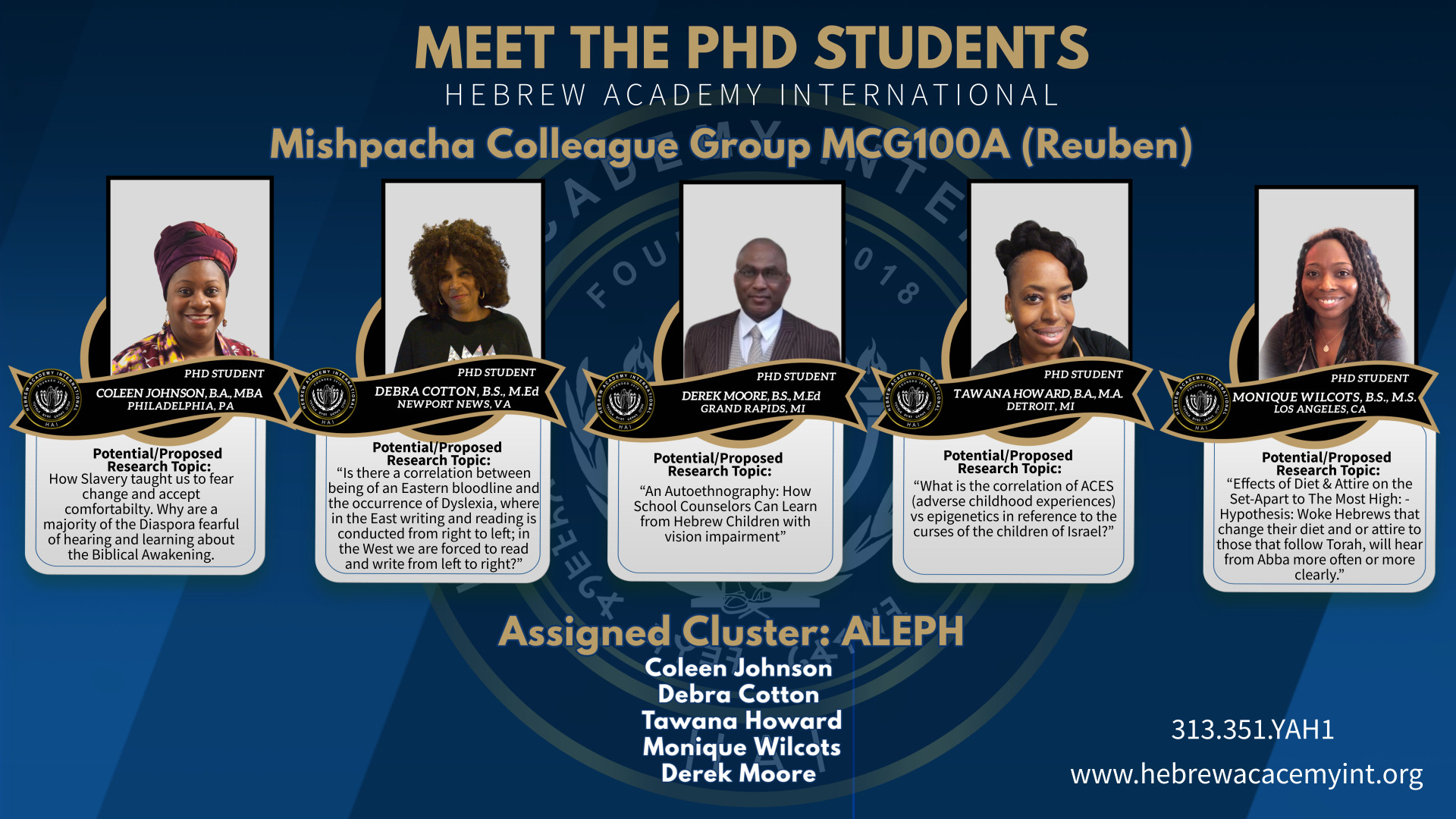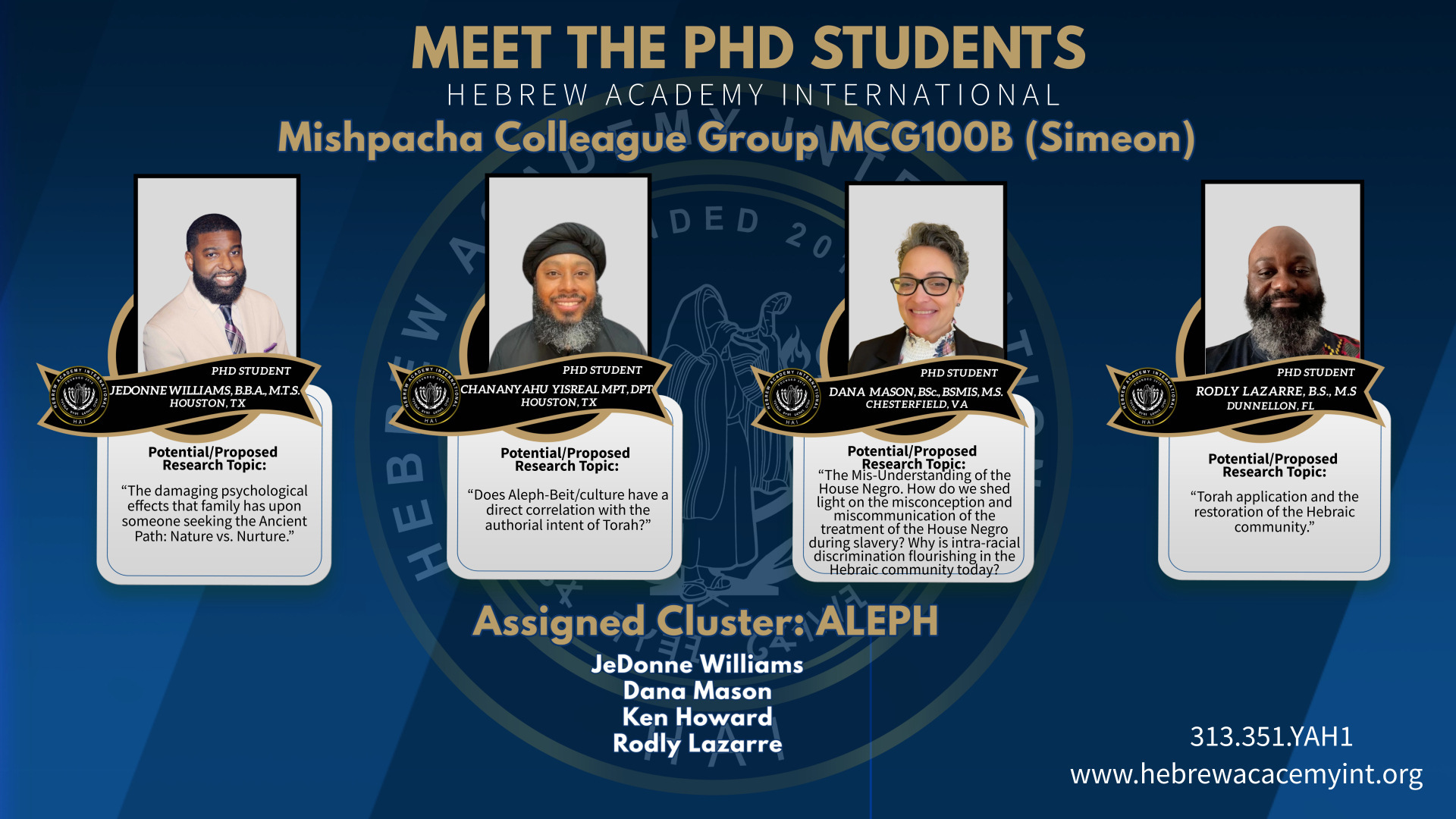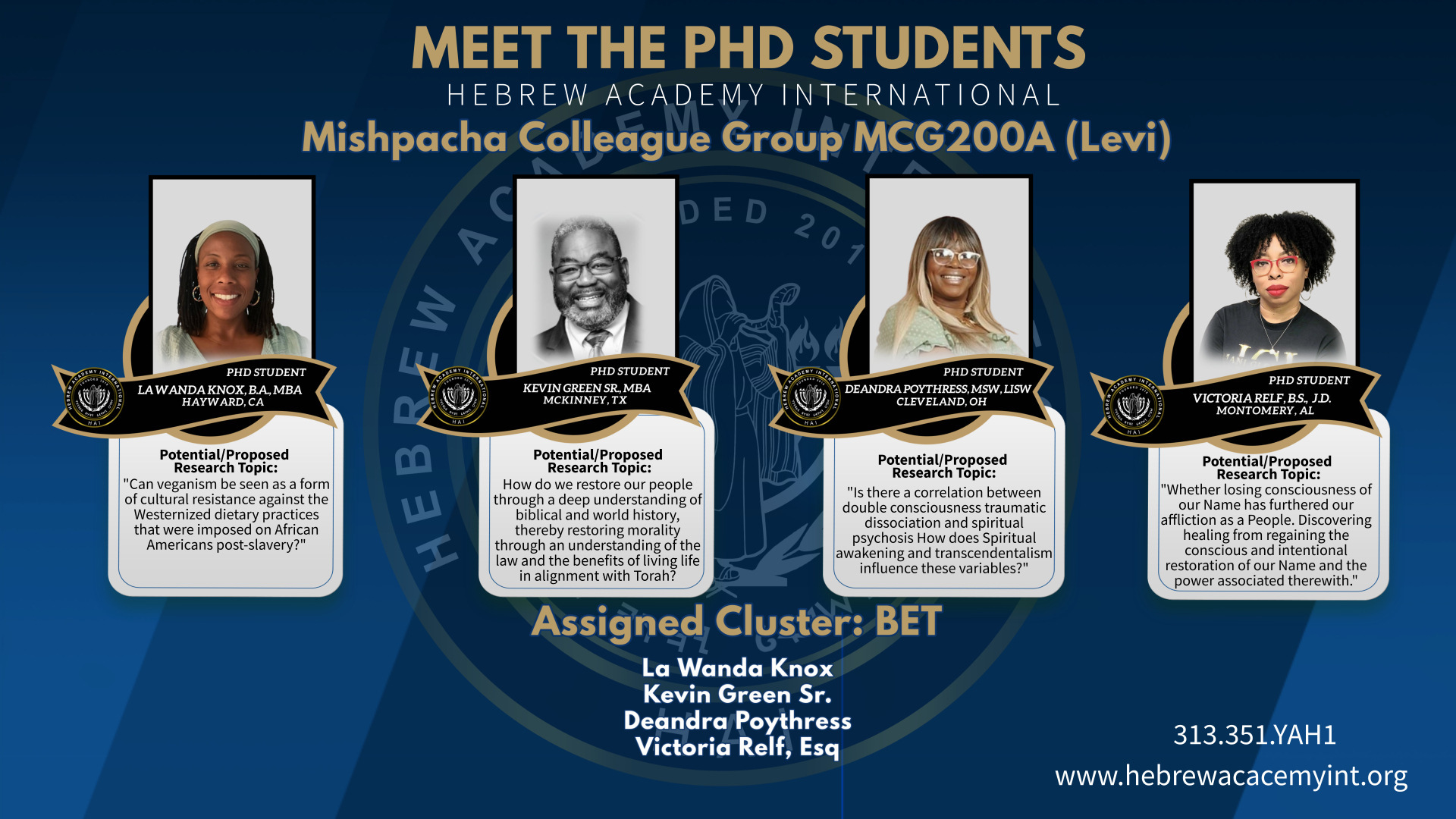Mishpacha Colleague Group
Another essential component of the ERW is the meetings with your Mishpacha Colleague Group Members. Mishpacha Colleague Group (MCG) is the setting for the interactive learning that takes place in a small group of colleagues. Active membership in a Mishpacha Colleague Group is required monthly during each year that you are in the PhD program. Your Mishpacha Colleague Group is an essential context for personal community support, accountability, deepening communal and personal prayer and meditation, receiving consultation on issues in your ministry setting, integrating the learning of the program, and presenting and receiving feedback on written work.
This group meets each day of the Emergent Residency Week for a total of eight hours. *Your time will be spent developing and deepening relationships with each other, reflecting on material presented in the thematic and core courses, planning times for future meetings and celebrating progress as a group and as individuals. Your Mishpacha Colleague Group continues to meet once a month for an average of six to eight hours per session. The time is scheduled according to the needs of the group, for a total of 72 hours per year. Individual time between the mentor and the colleague is also counted as group time.
*(If the group makes alternative arrangements these hours are made up during the semester schedule).
The PhD Program focuses on the renewal of yourself as an awakened leader as well as a renewal of the setting or context in which you live, worship, and serve. Within this framework you will develop an academic and practical program with an emphasis geared to your specific needs. Your program of study is developed within the experience of a Mishpacha Colleague Group.
Mishpacha Colleague Groups provide the settings in which you, your peer students and faculty mentor “colleagues,” learn, teach and grow together. Your understanding of the theory and praxis grow together through personal vulnerability, and mutual support and challenges, thus modeling faithful and effective scholarly leadership. Interpreting the meanings of theological symbols in the lived Hebraic experience brings the whole context of the Hebrew faith to bear on immediate existential challenges of life.
Again, worship, prayer, meditation, and reflection are an important part of your program and are implemented as a basic way of understanding and living the way of Torah.
Assigned Mishpacha Colleague Groups Clusters
Your colleague group is “Aleph”
- Groups Starting January 2023 = Aleph
- Groups Starting May 2023 = Bet
- Groups Starting August 2023 = Gimmel
- Groups Starting January 2024 = Dalet
- Groups Starting April 2024 = Hey
- Groups Starting August 2024 = Waw
- Groups Starting January 2025 = Zayin
- Groups Starting April 2025 = Chet
- Groups Starting August 2025 = Tet
- Groups Starting January 2026 = Yod
- Groups Starting April 2026 = Kaf
- Groups Starting August 2026 = Lamed
- Groups Starting January 2027 = Mem
- Groups Starting April 2027 = Nun
- Groups Starting August 2027 = Samech
- Groups Starting January 2028 = Ayin
- Groups Starting April 2028 = Pe
- Groups Starting August 2028 = Tsadi
- Groups Starting January 2029 = Qof
- Groups Starting April 2029 = Resh
- Groups Starting August 2029 = Shin
- Groups Starting January 2030 = Tav
Assigned Mishpacha College Groups Clusters
- Mishpacha Colleague Group MCG100A (Reuben)
- Coleen Johnson
- Debra Cotton
- Tawana Howard
- Monique Wilcots
- Derek Moore
- Mishpacha Colleague Group MCG100B (Simeon)
- JeDonne Williams
- Dana Mason
- Ken Howard
- Rodly Lazarre
- Mishpacha Colleague Group MCG200A (Levi)
- La Wanda Knox
- Kevin Green
- Deandra Poythress
- Victoria Relf, Esq
PhD Students' Potential/Proposed Research Topic
Deandra Poythress, MSW, LISW
Potential/Proposed Research Topic: "Is there a correlation between double consciousness traumatic dissociation and spiritual psychosis How does Spiritual awakening and transcendentalism influence these variables?"
Kevin Green Sr., MBA
Potential/Proposed Research Topic: How do we restore our people through a deep understanding of biblical and world history, thereby restoring morality through an understanding of the law and the benefits of living life in alignment with Torah?
La Wanda Knox, MBA
Potential/Proposed Research Topic: "Can veganism be seen as a form of cultural resistance against the Westernized dietary practices that were imposed on African Americans post-slavery?"
JeDonne Williams, B.B.A., M.T.S.
Potential/Proposed Research Topic: “The damaging psychological effects that family has upon someone seeking the Ancient Path: Nature vs. Nurture.”
Chanayahu Yisrael, MPT, DPT
Potential/Proposed Research Topic: “Does Aleph-Beit/culture have a direct correlation with the authorial intent of Torah?”
Dana Mason, BSc, BSMIS, M.S.
Potential/Proposed Research Topic ““The Mis-Understanding of the House Negro. How do we shed light on the misconception and miscommunication of the treatment of the House Negro during slavery? Why is intra-racial discrimination flourishing in the Hebraic community today? Ancestral Trauma (Trauma perpetrated against prior generations of a community, the legacy of which still exert powerful negative effects on its members.) ”
Rodly Lazarre, B.S., M.S.
Potential/Proposed Research Topic: “Torah application and the restoration of the Hebraic community.”
Coleen Johnson, B.A., MBA
Potential/Proposed Research Topic: “How Slavery taught us to fear change and accept comfortability. Why are a majority of the Diaspora fearful of hearing and learning about the Biblical Awakening.”
Debra Cotton, B.S., M.Ed
Potential/Proposed Research Topic: “Is there a correlation between being of an Eastern bloodline and the occurrence of Dyslexia, where in the East writing and reading is conducted from right to left; in the West we are forced to read and write from left to right?”
Derek Moore, B.S., M.Ed
Potential/Proposed Research Topic: “An Autoethnography: How School Counselors Can Learn from Hebrew Children with vision impairment”
Tawana Howard, B.A., M.A
Potential/Proposed Research Topic: “What is the correlation of ACES (adverse childhood experiences) vs epigenetics in reference to the curses of the children of Israel?”"
Monique Wilcots, B.S., M.S.
Potential/Proposed Research Topic: “Effects of Diet & Attire on the Set-Apart to The Most High: - Hypothesis: Woke Hebrews that change their diet and or attire to those that follow Torah, will hear from Abba more often or more clearly.”



